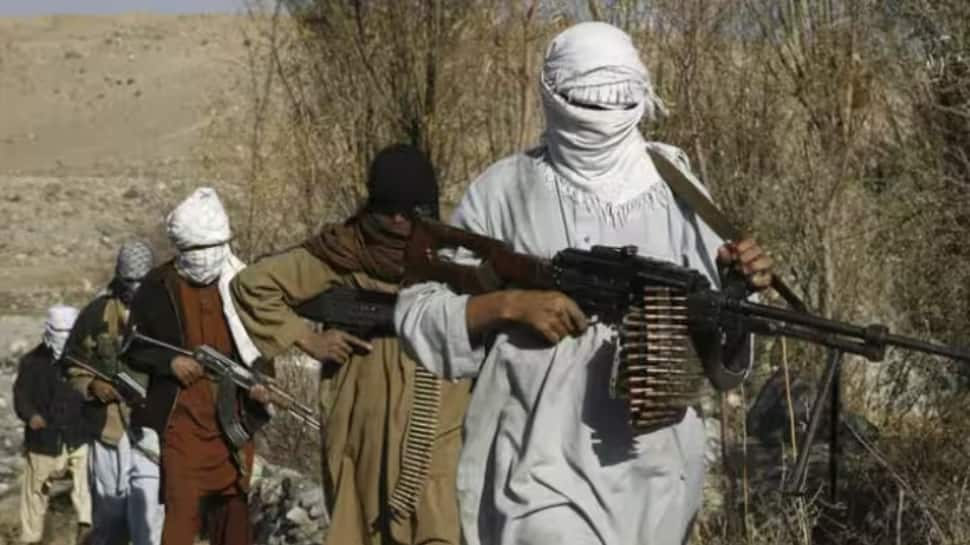 |
|
The escalating conflict between Afghanistan and Pakistan has reached a dangerous new level following a series of retaliatory attacks. The immediate trigger was Pakistan's airstrikes on Afghan territory, allegedly targeting Tehreek-e-Taliban Pakistan (TTP) hideouts. These strikes, which Pakistani officials justified as necessary to counter TTP's deadly attacks within their borders, resulted in the reported deaths of 46 Afghan civilians, including women and children, according to the Taliban government. This heavy civilian toll ignited widespread outrage in Afghanistan, leading to protests and ultimately, the Taliban's forceful response.
The Afghan Taliban's retaliation involved multiple attacks on Pakistani border posts in Kurram and North Waziristan. The Taliban Defense Ministry stated that these attacks targeted ‘centers and hideouts for malicious elements’ beyond what they refer to as the ‘hypothetical line,’ a term used to denote the disputed Durand Line border. The intensity of the cross-border exchanges, involving heavy weaponry, points to a significant escalation of the conflict. While the exact casualty figures remain unconfirmed, reports from Kurram indicate heavy fighting on both sides. This reciprocal violence further underscores the deep-seated mistrust and hostility that characterize the relationship between the two nations.
The Durand Line itself represents a central point of contention. This colonial-era boundary, drawn by the British in the 19th century, has never been recognized by Afghan authorities, who view it as an artificial division of their tribal lands. This long-standing territorial dispute serves as a potent underlying factor fueling the current conflict. The lack of clear border demarcation and the presence of various militant groups operating in the border region creates fertile ground for miscalculations and escalations. The Afghan Taliban's denial of harboring militant groups, coupled with Pakistan's persistent accusations, further complicates efforts at de-escalation.
The international community has a vested interest in mitigating this escalating conflict. The potential for further violence and instability in the region is substantial. The humanitarian crisis in Afghanistan is already severe, and renewed conflict risks exacerbating the suffering of the Afghan people. The risk of spillover effects impacting regional stability is also a significant concern. International actors need to engage constructively with both sides to promote dialogue, de-escalation, and a peaceful resolution to this conflict, potentially through mediation efforts focusing on resolving the border dispute and addressing concerns about cross-border terrorism.
The lack of official statements from the Pakistani military and Ministry of Foreign Affairs regarding the Taliban's retaliatory strikes is notable. This silence, contrasted with their earlier justifications for the initial airstrikes, may indicate a desire to avoid further escalation, or possibly a strategic decision to let the situation develop before issuing a formal response. Regardless, the absence of clear communication from the Pakistani side only intensifies the already tense atmosphere. The international community's role in facilitating dialogue and ensuring transparency is crucial to preventing further cycles of violence.
Looking ahead, the situation calls for urgent diplomatic efforts to de-escalate tensions. A comprehensive approach is necessary, addressing the immediate security concerns, the underlying territorial dispute, and the broader issue of cross-border terrorism. This requires a multifaceted strategy that incorporates confidence-building measures, border security cooperation, and dialogue focused on addressing the root causes of the conflict. The failure to address these fundamental issues risks prolonging the conflict and jeopardizing the fragile stability of the region. The international community’s commitment to supporting a peaceful resolution is paramount for averting further bloodshed and preventing a wider regional conflict.
Source: Afghan Taliban Strikes Back In Retaliation For Pakistan's Airstrikes That Killed 46
